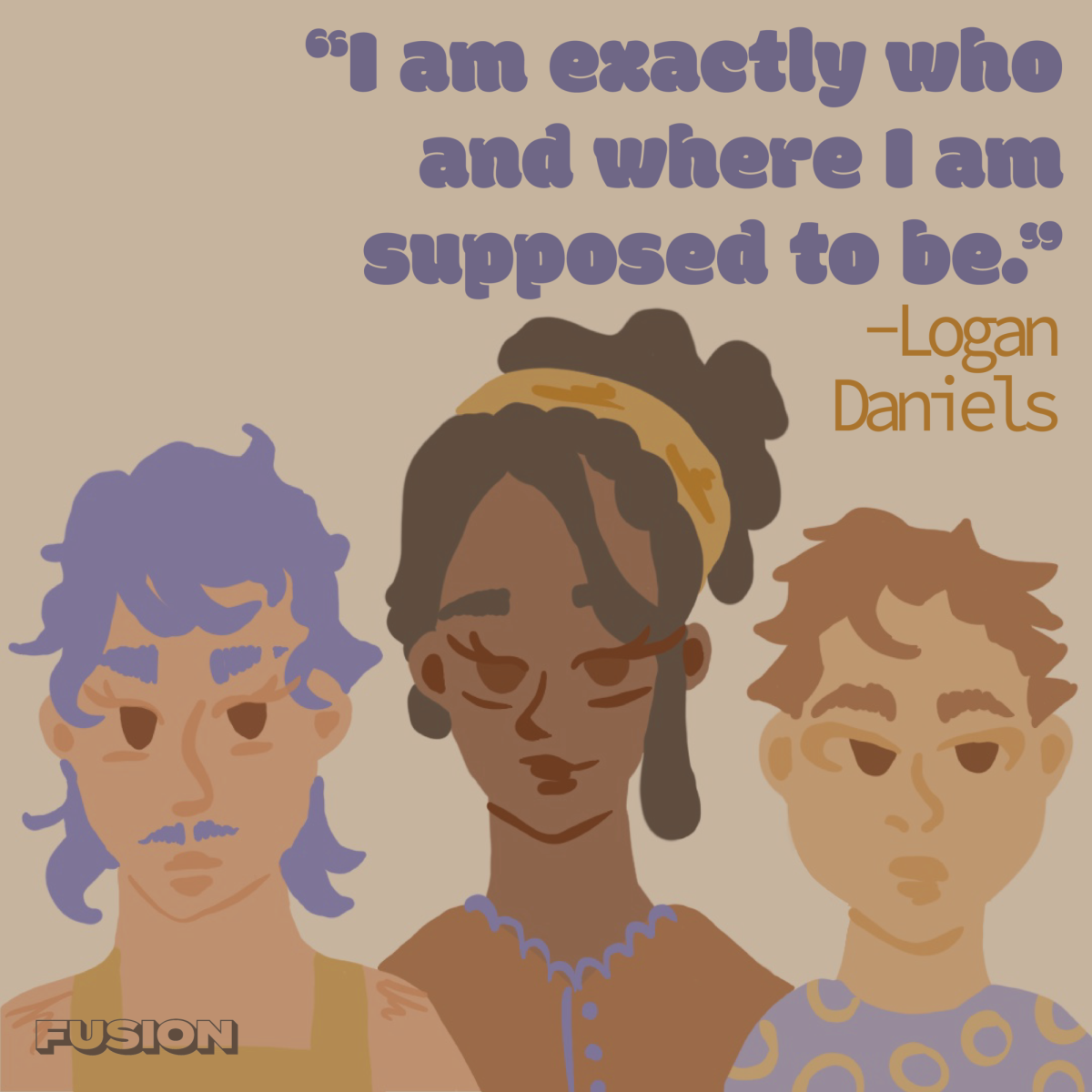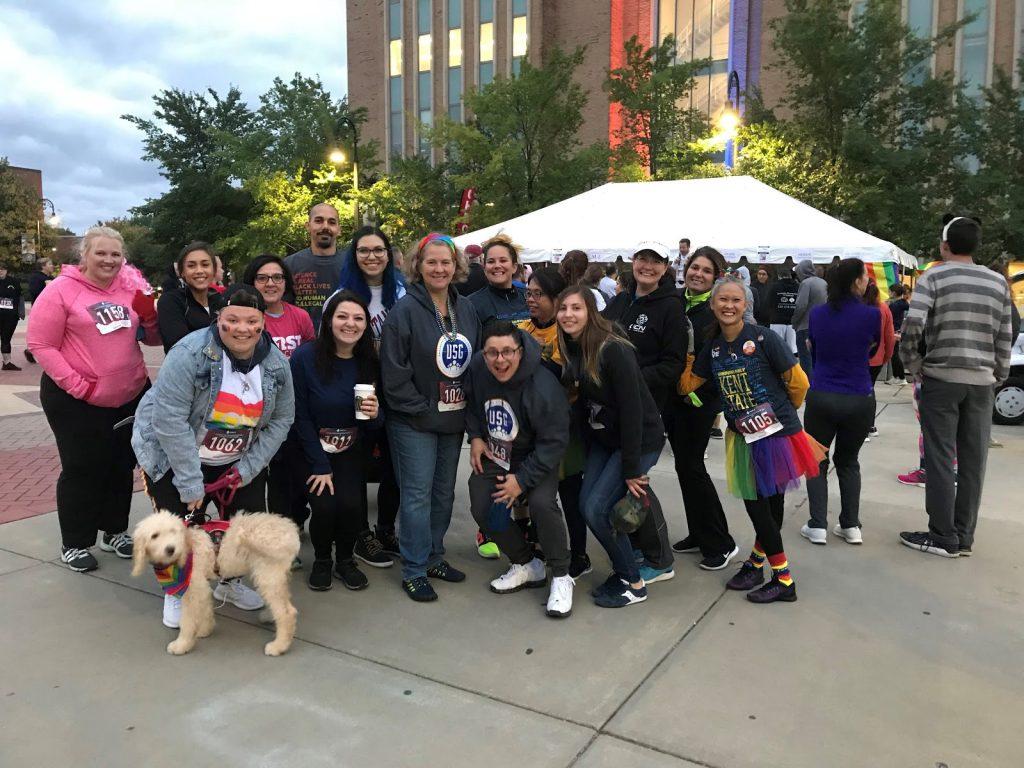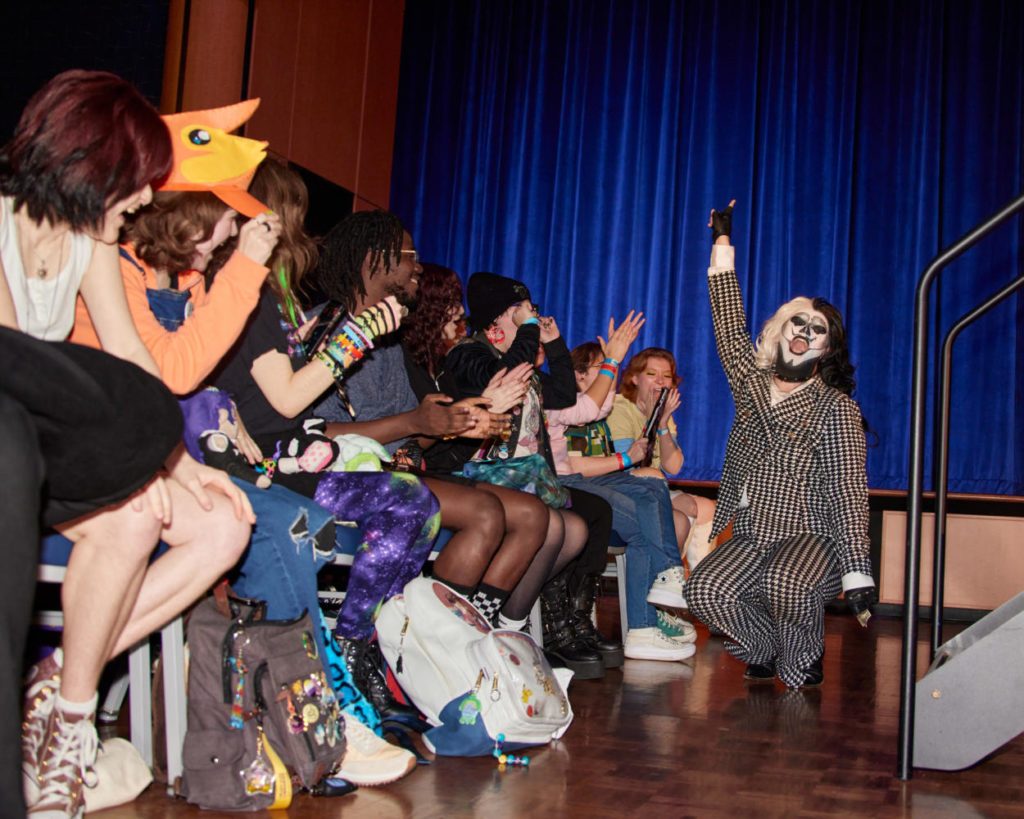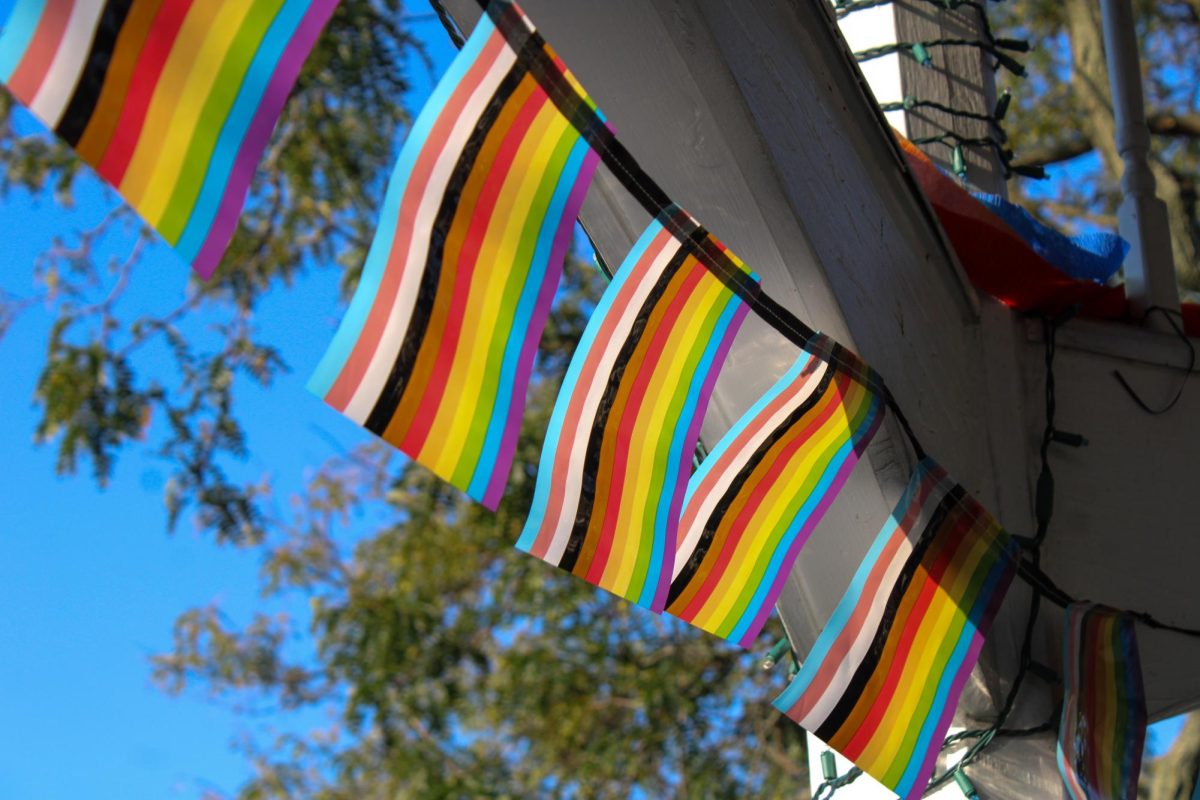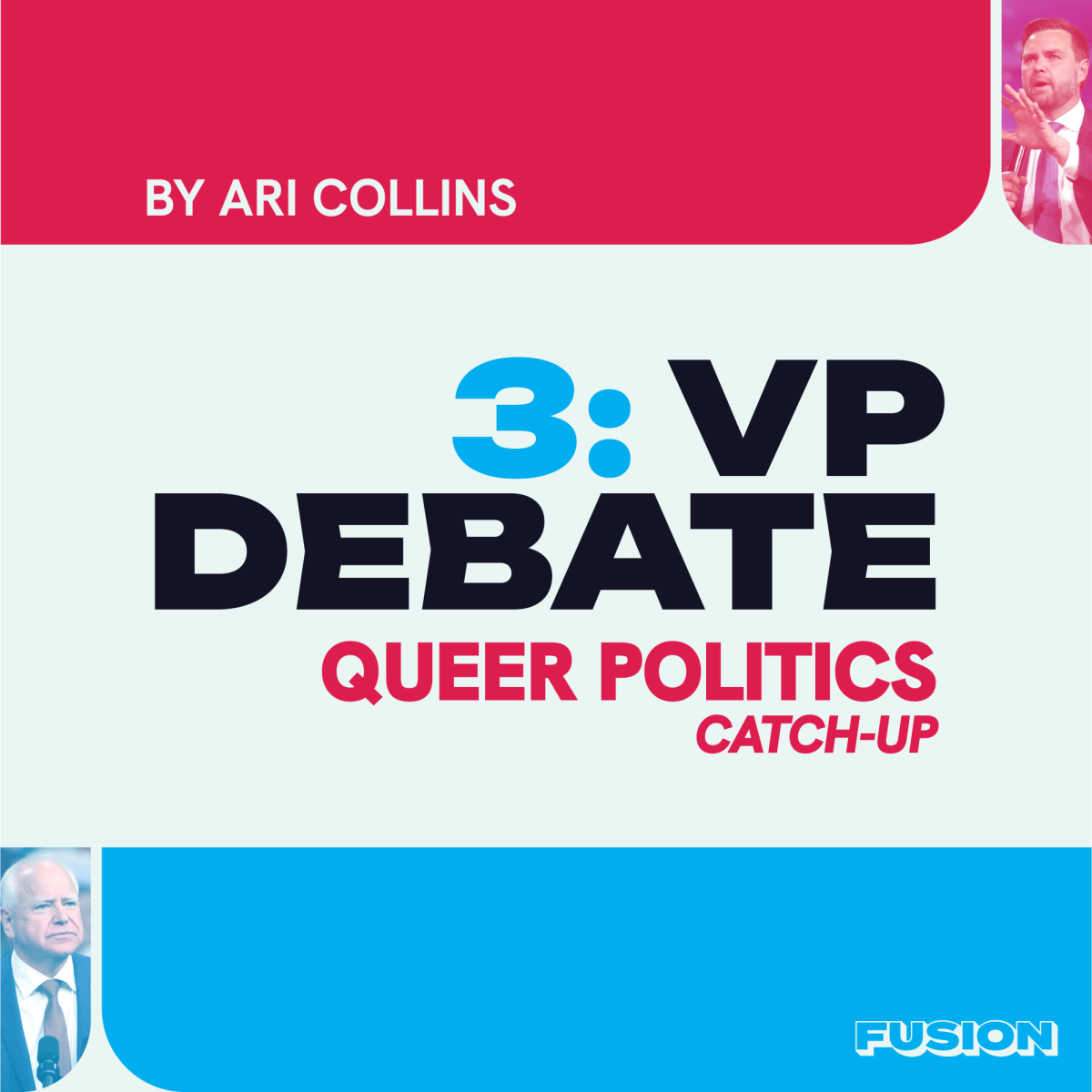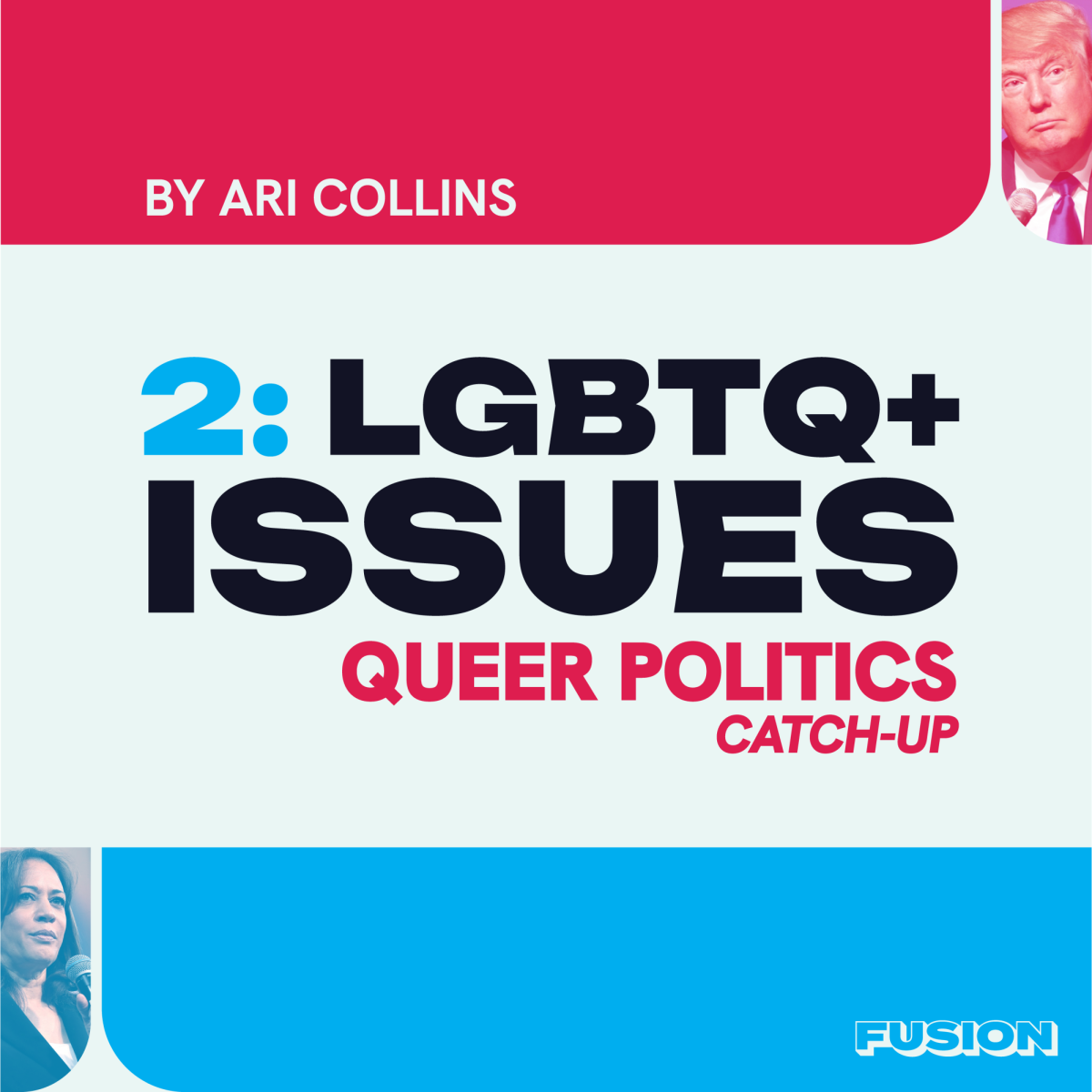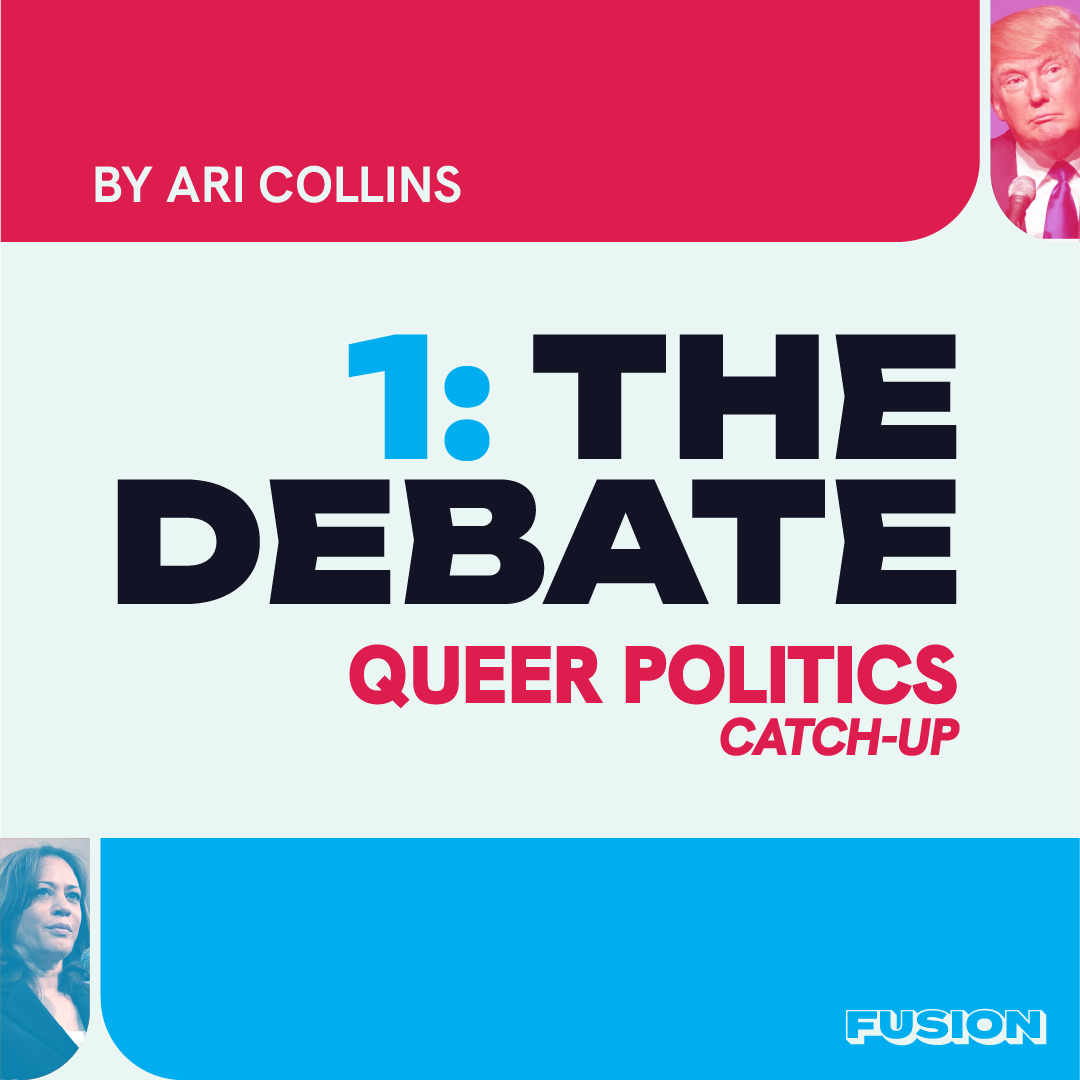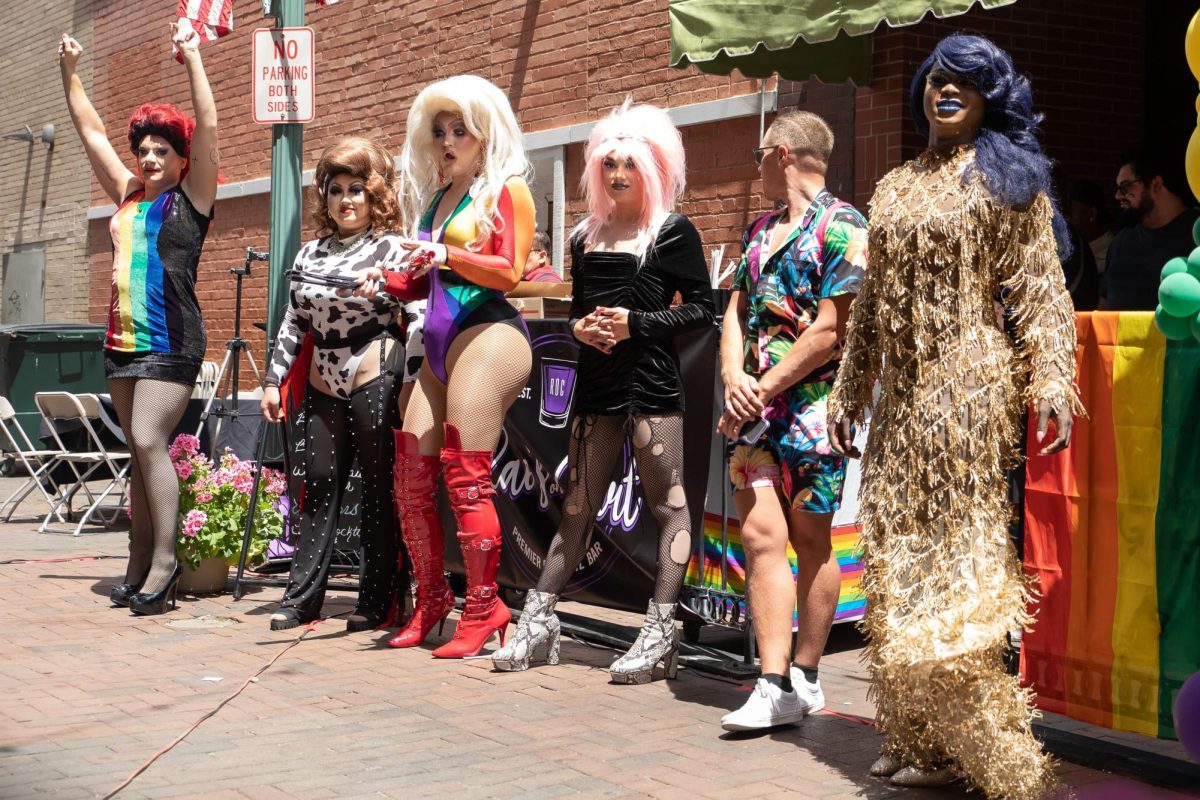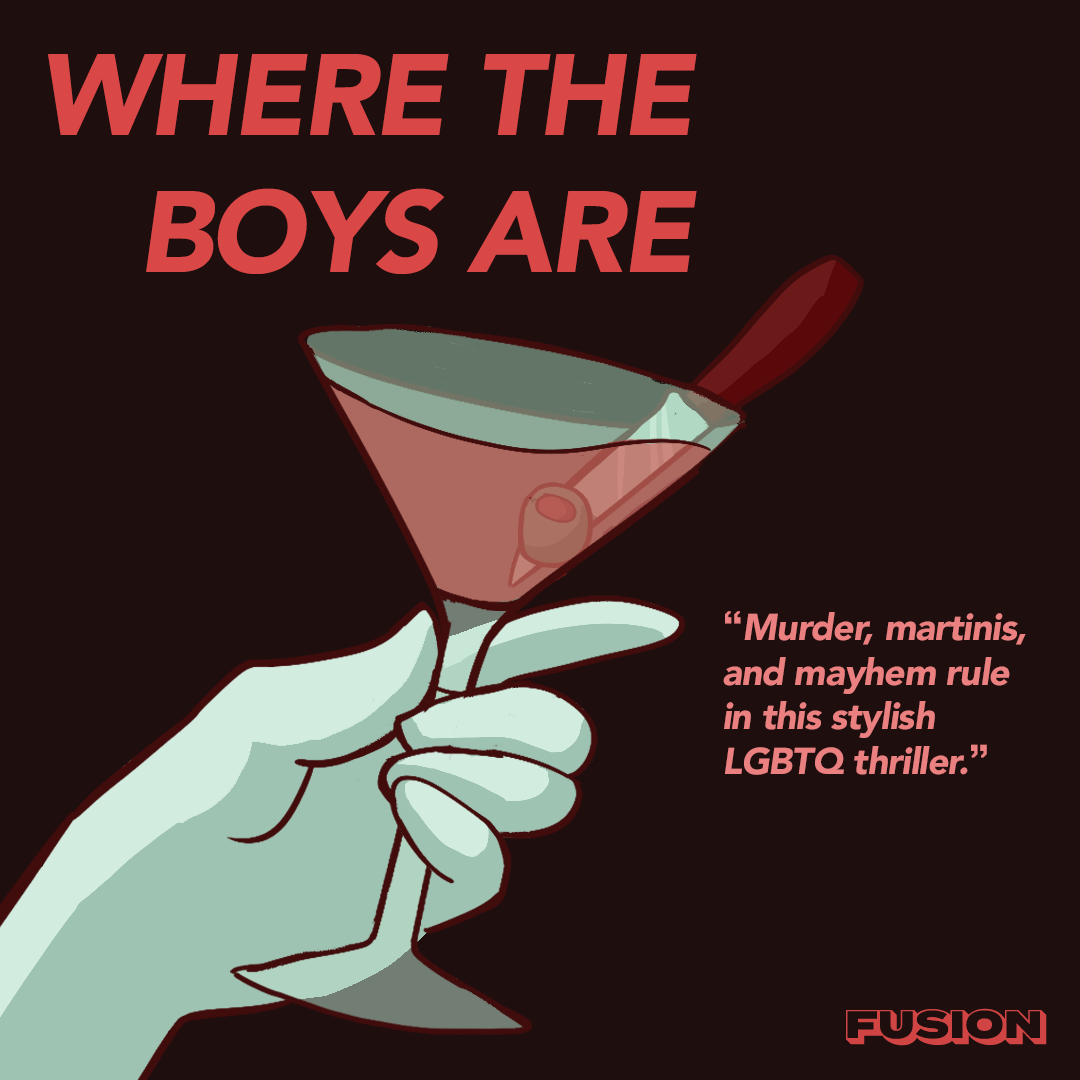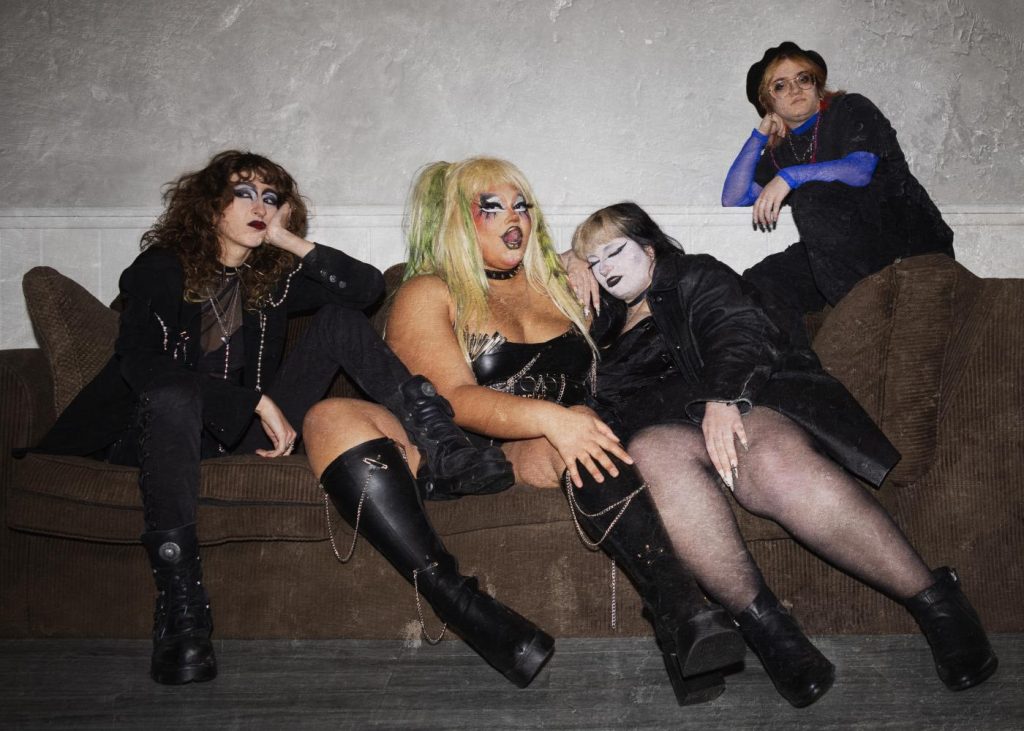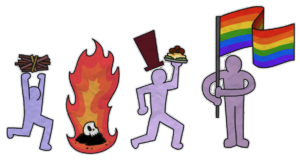
The word faggot has a long and treacherous history. Its discussion in modern English is centered around the word’s reclamation by the LGBTQ+ community and the discourse that follows. The word is rooted in Latin and evolves through Vulgar Latin, Italian, Old French, Middle English and today’s modern English, taking on various meanings throughout its history.
History of the Word
In the thirteenth century, the Old French word, “fagot” came from uncertain origin meaning “bundle of sticks.” It most likely originated from Italian fagotto, also meaning “bundle of sticks.” This was from Latin fascis meaning “bundle of wood.” One theory traces the Vulgar Latin word to Greek phakelos meaning “bundle” and was most likely Pre-Greek.
The negative connotation of the word arose in the sixteenth century when a bundle of sticks, called a faggot, was especially used for burning heretics, people who practiced or held beliefs contrary to church doctrine. “Fire and faggot” became a phrase to describe the “punishment of a heretic.” Those who recanted, said they no longer held the belief, had a faggot emblem stitched on their sleeves as a reminder of this punishment.
Later, in the mid-nineteenth century, Faggots was the name of a traditional British dish that consisted of pig innards with bread crumbs, formed into lumps and braised in stock. This term is drawn from the meaning of “little bits and pieces bound up together.”
So how did faggot grow to be used in a derogatory fashion?
By the early twentieth century faggot became American English slang meaning a “homosexual male.” It is likely this comes from an earlier sixteenth century, derogatory term for a woman, in reference to faggot as “bundle of sticks,” used to mean something awkward that had to be carried. This brings in the meaning of “baggage” as a “worthless woman.”
It is considered to be tied to the Yiddish word faygele literally meaning “little bird,” but used to mean “homosexual.” British slang also used fag in schools to refer to a younger student who had to carry out duties for older students. The term was then tied to a man doing a “woman’s duties,” associating femininity in men as a negative connotation.
“I definitely think there is something to the misogyny associated with the term historically,” explained John-Micahel Warner, associate professor of art history at Kent State. “There is a gendered component to fag that makes it allowable. That makes it okay to trample on the effeminate gay man effectively.”
One of the earliest cases of faggot used in America was in Louis E. Jackson’s book titled “A Vocabulary of Criminal Slang, With Some Examples of Common Usages,” which was meant to be a dictionary of words commonly used by the seedy creatures of the country. “Faggot” does not have its own entry, but is used in the entry for “Drag,” where the sentence read, “all the faggots (sissies) will be dressed in drag at the ball tonight.”
The author’s use of faggot is most in line with the meaning of the word today in American vernacular. Faggot and fag were used to refer to homosexual men, specifically in a derogatory way, in American English in the early twentieth century and beyond. Culture began to include this word in books, films and music, so the harmful term joined the American lexicon.
Reclamation
Reclamation of language can be a form of protest and resistance against the discrimination a group has faced. There are words that have been used as slurs against the LGBTQ+ community that now the group uses to identify themselves. It can become empowering. This does not mean that every member of the group will be comfortable using the word or with the word describing them. Additionally, it’s only appropriate for a member of the LGBTQ+ community to reclaim the word faggot.
“As far as general usage from cis people, I feel like it’s a general no. I feel like that’s a well agreed on opinion,” said Owen Osborne, a junior digital media production major at Kent State.
The word faggot continues to be used as a derogatory term against LGBTQ+ individuals today. It has become a word meant to hurt a minority group. Warner believes tone plays an important role in how the word is used. “The accusatory tone, versus like the ‘hello, friend.’ I mean, can you imagine, if I started off class by saying ‘what’s up fags.’ I think I’d have a lot of people walking out of that class quickly. Maybe that’s everything you need to know, at least from my perspective.”
Osborne agreed, “I think there are certain social cues that need to be taken into account when using the word.”
In 1978, gay author and activist Larry Kramer published his novel “Faggots,” about the gay scene in New York City prior to the AIDS epidemic and was an exploration of the carefree lifestyle of a group of gay men. The use of faggot in the title was controversial within the LGBTQ+ community as some felt the word was offensive. Regardless, it was an early example of gay men reclaiming the word for themselves.
“It was based off of Larry Kramer’s identity too,” said Warner. “He’s the kind of person that would want to pick a lightning rod as a point of education. Don’t you think he’s antagonistic? An incredible leader, no doubt. That book is really powerful.”
This is a point continuously made in modern discourse, as many bring up the power that can exist in reclaiming the word.
“I think there’s a lot of power in the sense that we can disarm hateful discussion with it, and empower our own discussion,” Osborne described, “I don’t think there’s going to be progression with the word if it is halted in discussion. Even if there is hateful use, I feel like opening it up to more people will encourage more good than bad that comes out of that.”
Warner added, “We have to look at the frameworks that are constructed to create either a permissive space to use the term or a continuing refusal. I would actually be surprised if it is only generational.”
There are numerous cases of people outside the community still throwing the word out as an insult. LGBTQ+ kids still grow up with the word thrown at them in the hallways of school. Each person’s experience is shaped by their background and the LGBTQ+ community is not monolithic, meaning there is no clear rule over the use of the word faggot. This leaves us with today’s current discourse.
“The word has been used against me in a hateful notion,” said Osborne, “and I would say even before that, I used it in a hateful notion, probably some internalized homophobia there.”
This drives the point of context and understanding your audience. “I mean, I could almost imagine walking down the street in New York, and hearing a group of gay guys calling each other fags and not think anything of it,” Warner described, “but then at the same time, if that was used to refer to me, I think that would upset me. So I have reluctance with the term.”
So Can I Say It?
Ultimately there is no concrete answer, but there are important points to note when using the word. Individuals not a part of the LGBTQ+ community should not say faggot. It is not a word for cisgender-heterosexual people to reclaim. They are the community that used the word to oppress and insult LGBTQ+ people. The word is not for cis-het individuals to use.
The word should not be used as an insult or in a derogatory fashion, even by someone in the LGBTQ+ community. The purpose of reclamation is to protest the oppression and find power, not to turn it back on other members of the community.
It is also important to be aware of your audience when and if using the word. It is impossible to know each individual’s experience and feelings tied to the word faggot. Someone’s lived experience is not the same as someone else’s. No one should be forced to reclaim the word.
“The word faggot says something about the person who’s using it,” Warner said, “I think it says, ‘This is my community. This is my space. You’ve taken everything and I have the right to say this.’ I think it also says like, jerk. The kind of person we don’t want to be, the kind of person who would hurt us.”
Faggot is a complicated word with a complicated history. Where many find power in its reclamation, there are just as many who wish to see it become obsolete. Regardless of one’s opinion, it is important to recognize the brutal history of the word and be considerate when deciding on its use.


